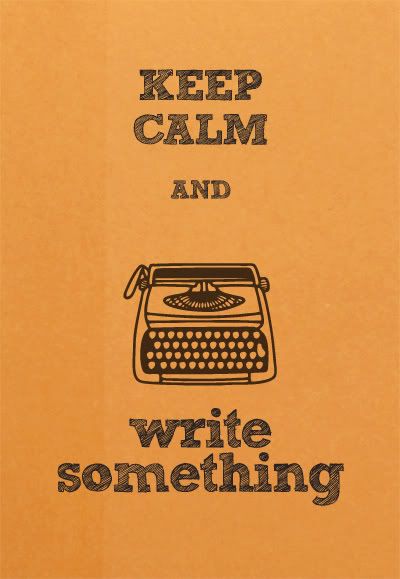Alright. Enough is enough. Be you. Be funny. Be silly. Be creative. Be judgemental. Be gross. Be pointless. Be critical. Be inspiring. Be brilliant. Be anything. I don't care. But, please, be kind. If you are incapable of being kind in whatever else you are doing, then maybe what you're doing isn't kind at all. And, if that's the case, don't do it around me. I'm not going to sit there watch it happen. |
- Getting Started
- Help
- Master Lists
- Useful Links
- Features
[Caelum's Scrapbook] Use Your Words.
(This is a thread from Mizahar's fantasy role playing forums. Why don't you register today? This message is not shown when you are logged in. Come roleplay with us, it's fun!)-

Caelum - The best way out is through.
- Posts: 1961
- Words: 1093768
- Joined roleplay: March 18th, 2010, 10:27 pm
- Location: Riverfall
- Race: Ethaefal
- Character sheet
- Storyteller secrets
- Scrapbook
- Journal
- Plotnotes
- Medals: 11
-


-


-


-


-


-

Gossamer - Words reveal soul.
- Posts: 21150
- Words: 6362535
- Joined roleplay: March 23rd, 2009, 4:40 pm
- Location: Founder
- Blog: View Blog (24)
- Race: Staff account
- Office
- Scrapbook
- Plotnotes
- Medals: 11
-


-


-


-


-


-

Caelum - The best way out is through.
- Posts: 1961
- Words: 1093768
- Joined roleplay: March 18th, 2010, 10:27 pm
- Location: Riverfall
- Race: Ethaefal
- Character sheet
- Storyteller secrets
- Scrapbook
- Journal
- Plotnotes
- Medals: 11
-


-


-


-


-


-

Faroul - Condemned
- Posts: 117
- Words: 52454
- Joined roleplay: July 25th, 2010, 10:55 pm
- Location: Ahnatep
- Race: Human, Benshira
- Character sheet
- Plotnotes
- Medals: 1
-

-

Caelum - The best way out is through.
- Posts: 1961
- Words: 1093768
- Joined roleplay: March 18th, 2010, 10:27 pm
- Location: Riverfall
- Race: Ethaefal
- Character sheet
- Storyteller secrets
- Scrapbook
- Journal
- Plotnotes
- Medals: 11
-


-


-


-


-


[Caelum's Scrapbook] Use Your Words.
Getting to Know Me
[Insert awesome picture of scantily clad woman and something with wings here]
Feeling very poorly lately, have mercy on your absentee merbadger. (2/20/13)
Feeling very poorly lately, have mercy on your absentee merbadger. (2/20/13)
-

Faroul - Condemned
- Posts: 117
- Words: 52454
- Joined roleplay: July 25th, 2010, 10:55 pm
- Location: Ahnatep
- Race: Human, Benshira
- Character sheet
- Plotnotes
- Medals: 1
-

-

Caelum - The best way out is through.
- Posts: 1961
- Words: 1093768
- Joined roleplay: March 18th, 2010, 10:27 pm
- Location: Riverfall
- Race: Ethaefal
- Character sheet
- Storyteller secrets
- Scrapbook
- Journal
- Plotnotes
- Medals: 11
-


-


-


-


-


-

Caelum - The best way out is through.
- Posts: 1961
- Words: 1093768
- Joined roleplay: March 18th, 2010, 10:27 pm
- Location: Riverfall
- Race: Ethaefal
- Character sheet
- Storyteller secrets
- Scrapbook
- Journal
- Plotnotes
- Medals: 11
-


-


-


-


-


-

Caelum - The best way out is through.
- Posts: 1961
- Words: 1093768
- Joined roleplay: March 18th, 2010, 10:27 pm
- Location: Riverfall
- Race: Ethaefal
- Character sheet
- Storyteller secrets
- Scrapbook
- Journal
- Plotnotes
- Medals: 11
-


-


-


-


-


Who is online
Users browsing this forum: No registered users and 0 guests


 .
.
